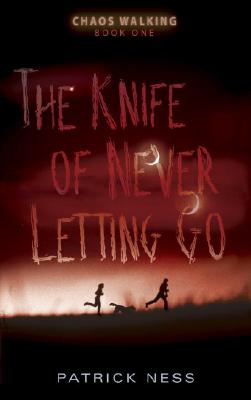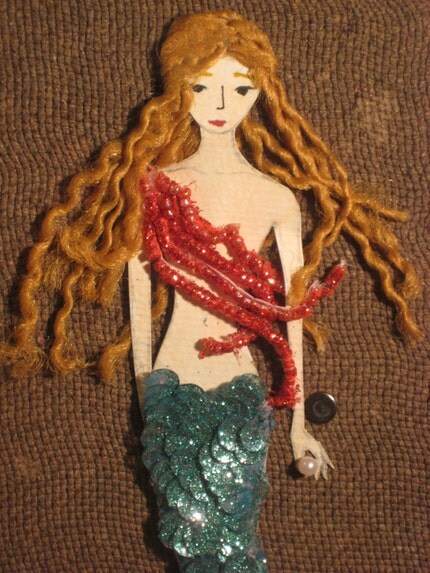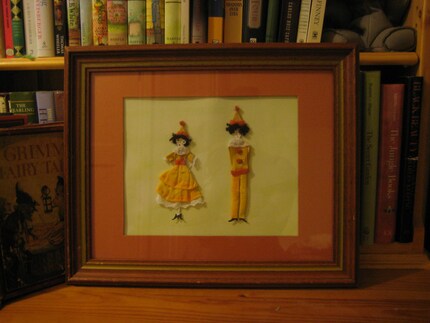One of the best things about being relatively ignorant when it comes to the world of science fiction is that I get to enjoy so many bursting caviar splashes of newness. A sampling:
My first time listening to a panel where Tolkien, C. S. Lewis, Star Trek, Fijian hospitality, medieval Japanese diaries, and cultural appropriation are discussed, argued over, and connected together in a single hour.
My first time hearing the extraordinary Greer Gilman read, with boisterous, juicy enthusiasm, from her new book,
Cloud and Ashes.My first time seeing a Klingon dance to "Dancing Queen." (No, I do not have photos. Nor video. Yes, I know. Chance of a lifetime and all that.)
My first time hearing a Nobel Prize-winning economist (Paul Krugman) and a science fiction writer (Charles Stross) discuss the intersections between economics, science, speculation, and stories.
My first time hearing Neil read a Cory Doctorow story, and then enjoying both of them discuss the good reasons to give things away for free. (How many of you paid money to discover your favourite author? Neil asked. Not many. Loans and gifts, books pressed into hands by friends saying, you MUST read this.)
My first time being surrounded by several thousand people who love a certain kind of story, or at least a certain range of flavors, enough to spend five days celebrating them and enjoying the related trimmings.
And then there were the newly familiar bits that come from reuniting with dear friends, some of whom I haven't seen for an entire year. My five partners in crime:
Kat Howard,
Emily Jiang,
Keffy Kehrli,
E. J. Fischer, and Paul Berger. This is where I share some photos.

Blurred beyond redemption, but there's something I love about this one. Geoff Ryman wrestles Keffy while an almost invisible E. J. looks on.

My beautiful friends, basking in the multi-colored glow from the windows of the Palais de Congres.

At the bar in the Intercontinental. I LOVE this bar. They keep silver absinthe spoons on the wall and hourglass-shaped contraptions that drip water from miniature faucets onto sugarcubes on the bar. The bartender reminded me of Juliette Binoche. "Try this. Bite the ginger, then sip the drink. You'll love me forever." That sort of confidence might seem a little ridiculous when we're talking cocktails, but... they
were pretty delicious. (If you find yourself in Montreal and happen to wander there, may I suggest either the "mojita" or the "litchik"? Girly, yes, but one is spicy and one is tropical, and both are filled with excessive deliciousness.) They even have chandeliers.

The other nice thing about being a convention amateur is that you get to meet an astonishing number of fascinating people. Sometimes this can take on the sort of desperate, nervous, jigging pressure that comes from people who are new in a field interacting with established figures who they admire, or covet, or want something from. I've been told it's called networking, and I don't like it, never have, not in dance and not here.
Neil says that the most fun part of a convention is the conversations, and he's absolutely right. Talking to people because they're interesting, or because they're warm and funny, or because they're saying something that you want to listen to, and not because you expect something from them, is fun. It's easy and you learn so much, without even realising. We met
John Picacio on the first evening and he told us that the most interesting things happen at one in the morning when you least expect it.
After the Hugo Awards, Kat and I ran away from the hustle-bustle of congratulations and sweaty parties (the sheer number of parties going on every night turned two floors of our hotel into a fug of sweat-damp air). We sat in the Intercontinental's bar and planned to spend the evening quietly sipping our cocktails and nibbling on deep-fried goat cheese. And then people began to drift in (no doubt escaping the previously mentioned warmth of the parties). We talked to the beautiful, phenomenally articulate, lusciously smart
Catherynne Valente. We watched
Lev Grossman (whose novel,
The Magicians, came out today--go buy it--and who wrote a
very funny blog entry about WorldCon) get shriven by Larry Niven.
Paolo Bacigalupi told us about the benefits of keeping at least a little of an internal filter.
Later, we had a long talk with John and
Lou Anders, who are both kind and welcoming and (again) devastatingly smart, and they said that this was what meeting people at conventions should be like. Kat and I had been thinking that we wouldn't be going to any more conventions soon because neither of us like the nervous jigging about of "networking," and even if you try to avoid it, it seems to permeate the air. But this was fun. Talking to interesting people. Listening to them tell stories.
Lou gave me recommendations, which I wrote on my arm because I had no paper.

He also asked me why I was at a science fiction convention. And, it turns out, it's because of the conversations.




















